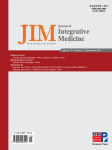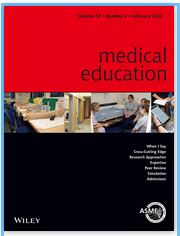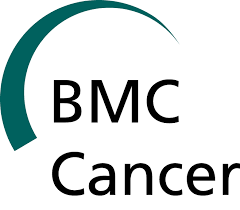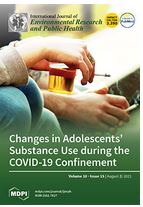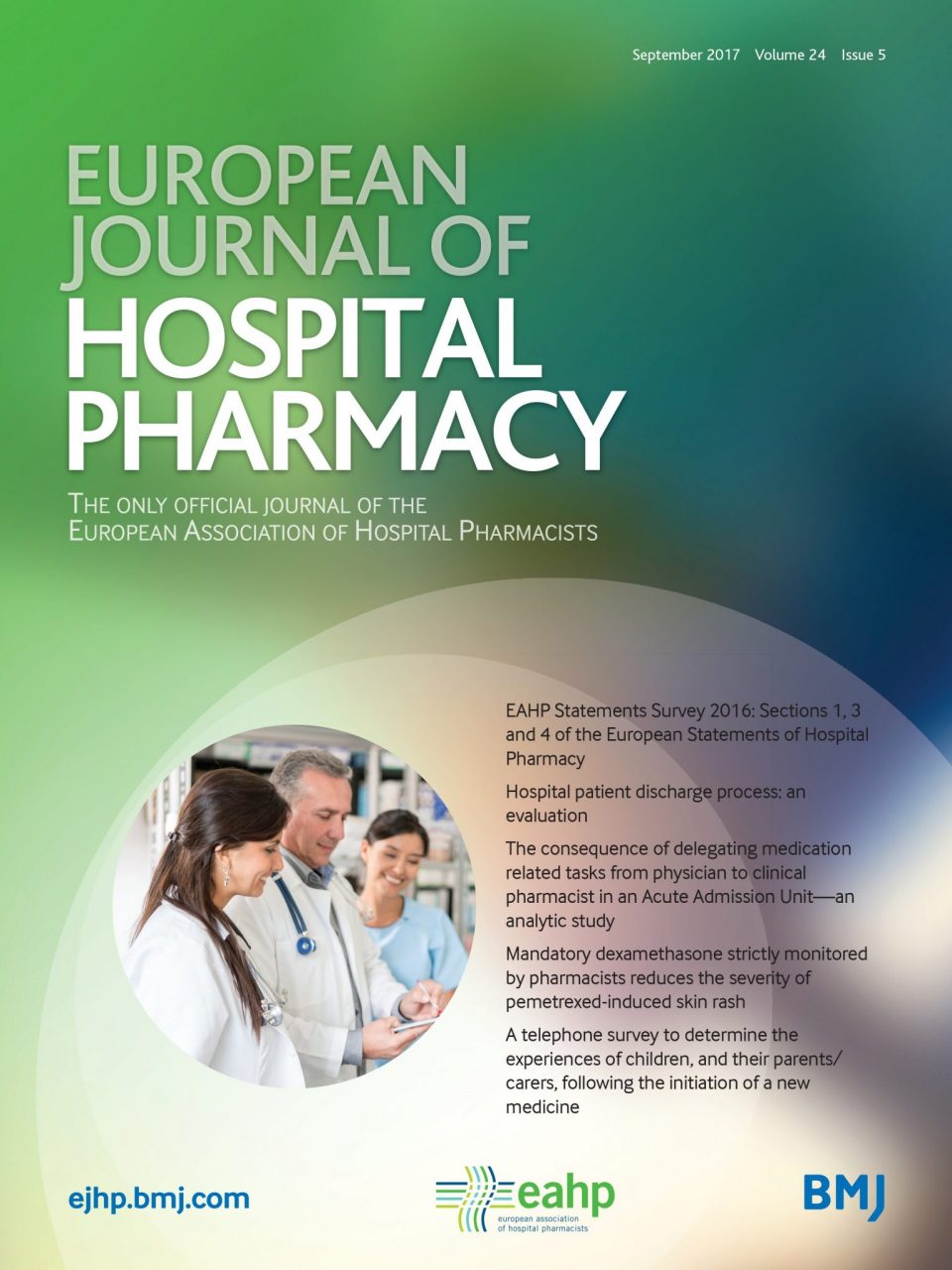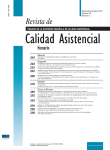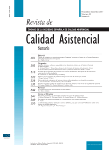Impact of socioeconomic and health-related factors on consumption of homeopathic and natural remedies in Spain in 2006, 2011 and 2017
Objective Complementary and alternative medicine use and type of use may be influenced by sociodemographic and economic determinants through which we could identify characteristics of patients with greater trend to use it. This paper aims to describe the changes in the consumption of homeopathic and natural remedies in Spain for three time points in order…



